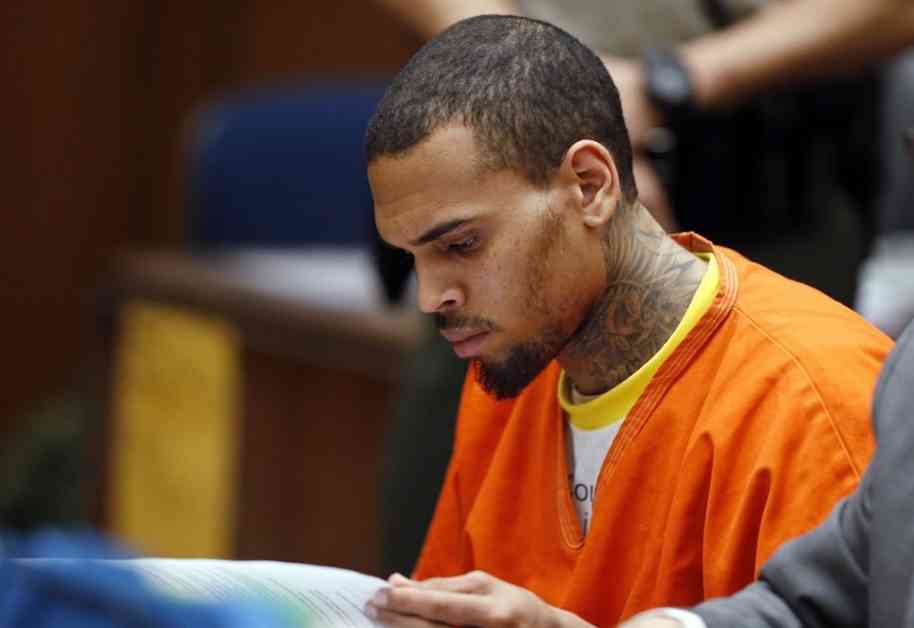Chris Brown’s Scheduled Tour to South Africa Sparks Outrage Over History of Women Abuse
The news of Chris Brown’s upcoming tour to South Africa has ignited a storm of controversy and outrage due to his well-documented history of violence against women. The American singer, known for hits like “Run It!” and “Forever,” has faced multiple allegations of domestic abuse over the years, including a highly-publicized incident involving his former girlfriend Rihanna in 2009.
Despite facing legal consequences and public backlash for his actions, Brown continues to enjoy a successful career in the music industry. His planned visit to South Africa has reignited the conversation surrounding his troubled past and whether he should be allowed a platform in the country.
Public Outcry and Calls for Accountability
The announcement of Chris Brown’s tour has been met with swift condemnation from activists, organizations, and members of the public who are deeply concerned about the message his presence sends, particularly in a country with high rates of gender-based violence. South Africa has been grappling with a crisis of violence against women for years, with statistics showing that a woman is murdered every three hours in the country.
Many are questioning the decision to invite Brown to perform in South Africa and are calling on event organizers to reconsider their support for an artist with such a troubling history. The #MeToo movement and increased awareness of gender-based violence have heightened sensitivity to the issue, leading to greater scrutiny of public figures who have been accused of violence against women.
Artistic Expression vs. Accountability
The debate over whether artists like Chris Brown should be held accountable for their actions has sparked a broader conversation about the intersection of artistic expression and personal conduct. While some argue that Brown’s music and talent should be separated from his behavior, others maintain that supporting him sends a dangerous message that violence against women can be overlooked or excused.
In an era where accountability and social responsibility are increasingly important values, the decision to host Brown’s tour raises important questions about the role of the entertainment industry in addressing issues of violence and abuse. As fans grapple with the complexities of supporting artists with problematic histories, the conversation around Brown’s tour serves as a microcosm of larger societal debates around justice, forgiveness, and redemption.
As South Africa prepares to welcome Chris Brown, the country finds itself at a crossroads between celebrating artistic talent and holding individuals accountable for their actions. The controversy surrounding Brown’s tour serves as a timely reminder of the importance of engaging in critical dialogue around issues of violence, abuse, and the responsibilities of public figures in shaping societal norms.
